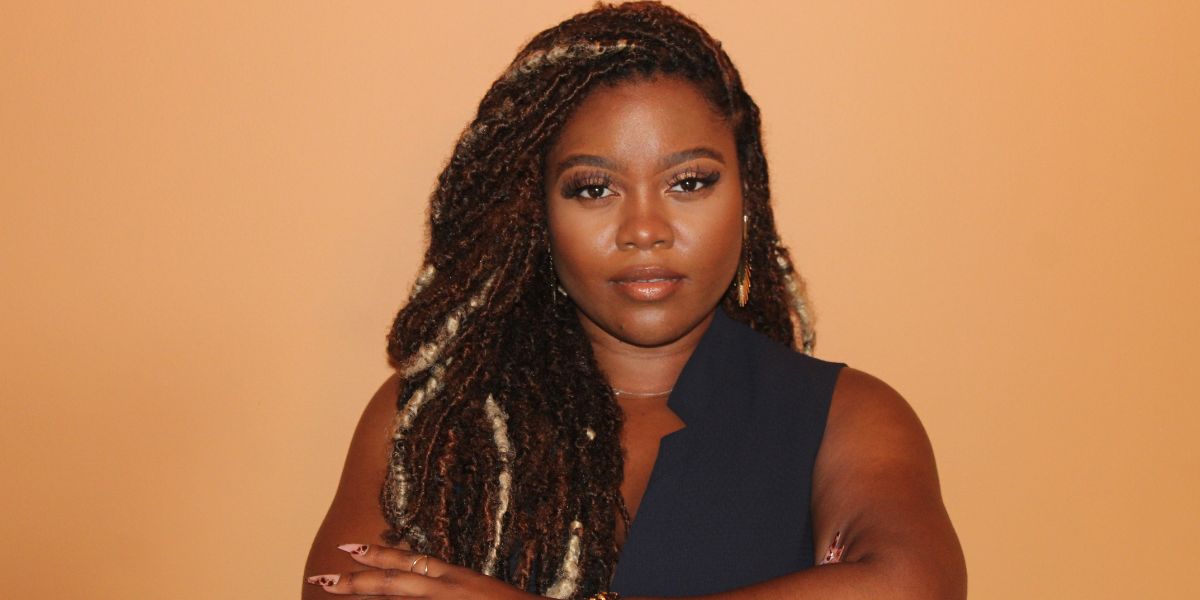Why are we holding grudges?

Holding onto past hurts
As humans, we often indulge in the practice of holding onto past hurt in the form of grudges.
A grudge is the manifestation of harboured anger, bitterness, resentment, or other negative feelings that persist long after someone has caused us pain.
However, the practice of nursing grudges is less about the person against whom the grudge is held, and more about the individual holding onto the negative emotions.
Last week in Kinship, we explored how we could move into 2024 ‘Limitless’ without carrying some of the soul wounds within us.
The psychological aspects of the unconscious are complicated to cover in only an hour,
Safe Spaces is designed to open up awareness and consider alternative options towards the path of healing, as well as being each other BIGGEST cheerleaders.
Here are some of the reflections on grudges from our unconscious musings;
‘In many instances, holding a grudge is an attempt to gain the comfort and compassion that was lacking when the hurt was initially experienced’
‘It has become a part of my identity, giving me a sense of strength, albeit a false one, that doesn’t necessarily make me feel better or facilitate my healing, but something I acknowledge.’
‘Numerous factors contribute to the tendency of holding grudges, such as a negative approach to life, envy, jealousy, toxic anger, cultural background, family upbringing, and personal history of hurt or trauma’
Black women grace & grudges
One of the most alarming aspects of holding grudges is the negative impact it can have on our mental and physical health.
From a health perspective, it is thus advantageous to let go of grudges, irrespective of whether the other person seeks reconciliation or not.
Due to the negative stereotypes and societal expectations placed upon black women, particularly the damaging myth of the “angry Black woman” it may hit differently for black or ethnically diverse women.
The stereotypes which characterise Black women, as aggressive, ill-tempered, and hostile, may lead to internalised stress and pressure to suppress emotions.
It would seem even more tolerance and self-compassion is required to combat such a harsh external reality.
But instead, black women are often held accountable to a different set of standards.
Hence, letting go of grudges may hit differently internally.
In my opinion, it’s crucial to understand what these stereotypes and the subsequent emotional suppression can contribute to the formation and persistence of soul wounds, which may manifest as grudges.
Moving past grudges, letting go
Many of the women recognised that holding onto grudges only generates a cycle of resentment and bitterness, wherein the individual is trapped within their own emotional prison.
Perhaps, by directing our attention inward and focusing on the felt experience of our pain, we can start to heal from within and change some of the internal narratives.
This practice allows us to acknowledge hurt without letting it define us and paving the way for new experiences including emotional, spiritual and professional growth.
For me, the answer lies in acceptance, forgiveness, and personal growth.
While it might be impossible to change the circumstances that led to the grudge or our external world pressure, we can control our reaction to it;
- Acceptance of the situation and making amends where necessary are the first steps towards healing. Long-term anger and resentment may contribute to health risks such as heart disease, immune response malfunctions, diabetes, and increased stress.
- Forgiveness, although difficult, is a crucial part of this process. It is not about justifying the actions of the person who caused the hurt, but rather about releasing the negative emotions tied to the incident. This allows us to reclaim our peace and happiness, which are often held hostage by the grudge.
- Personal growth plays a significant role in moving beyond the grudge. It’s about turning the narrative from victimhood to empowerment. Repeating a mantra or affirmation can help validate this growth, shifting our focus from the source of the bitterness to the strength and resilience we’ve gained from the experience.
